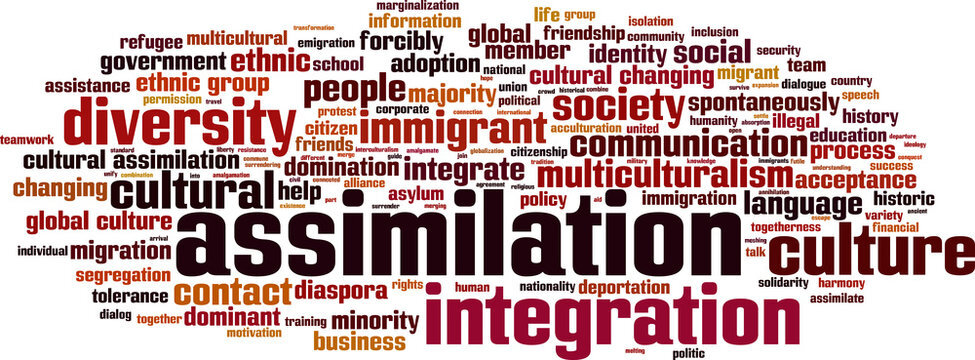The Science of Assimilation:
sychological research on assimilation offers another perspective on explaining the persisting effects on society even today. Successful assimilation often requires balancing cultural heritage with adapting to the dominant Culture's norms, which can lead to psychological distress, especially in environments of systemic discrimination (Hanfstingl et al.). Ming Lee and Tommy Orange incorporate these elements in their novels.
Key Findings:
- Identity Conflict: Assimilation often leads to identity conflict and even changes personality elements, where individuals struggle to reconcile their cultural heritage with the dominant Culture's expectations. This conflict can result in a fragmented sense of self and increased mental distress (Hanfstingl et al.).
- Acculturative Stress: The process of adapting to a new culture can cause which includes feelings of anxiety, depression, and a missing gap in their identity. This stressor is due to environmental factors, which can even influence epigenetics (Hanfstingl et al.).
- Coping Mechanisms: Individuals employ various coping mechanisms to navigate the challenges of assimilation, including cultural preservation, community support, and strategic adaptation. These mechanisms can mitigate the negative psychological impacts of assimilation (Hanfstingl et al.). Both others show this in the spectrum of characters' experiences.
